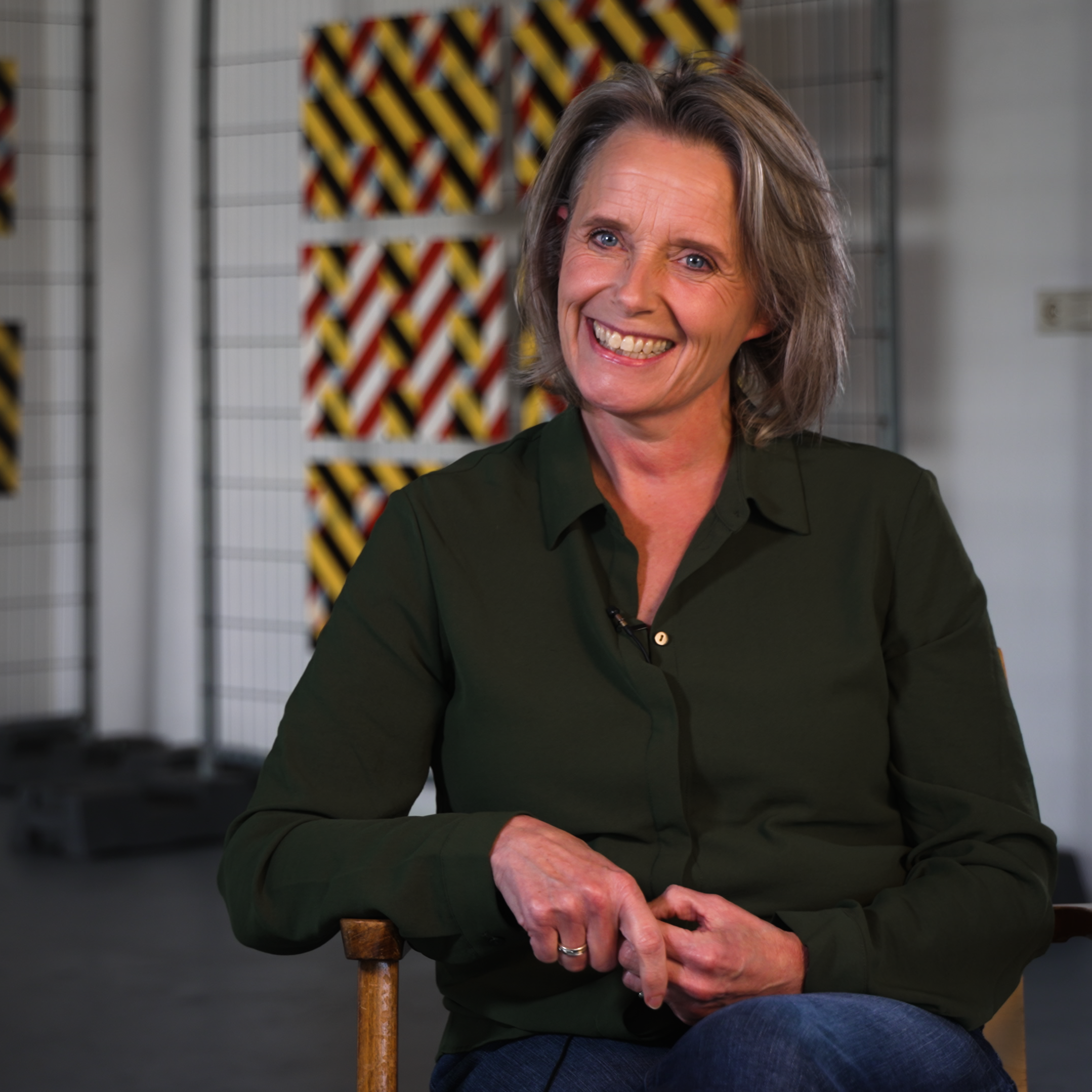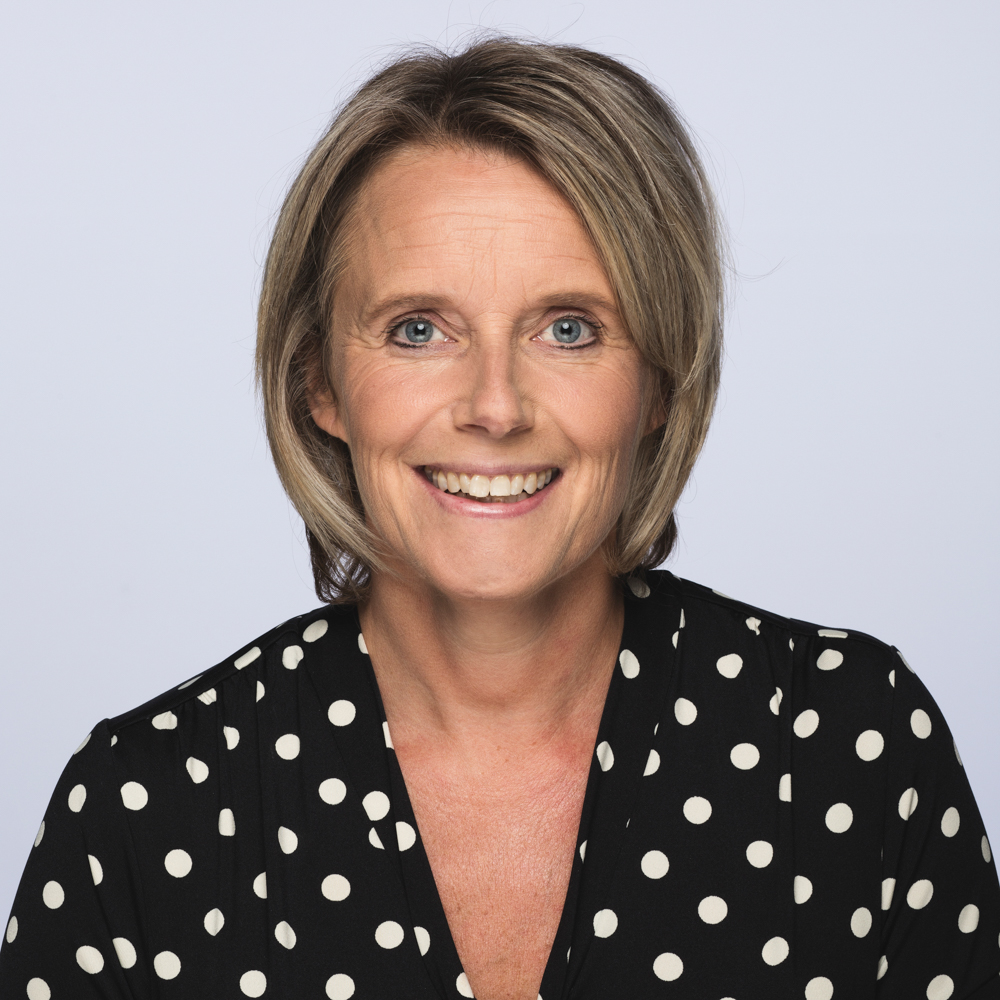Protected: Rebel Nathalie Brocken: ‘It’s such a shame that where you are born determines your success’

At Rebel Strong Society, Nathalie Brocken works for a society where everyone can participate. She talks about Rebel’s unique approach as a consultant in the social domain, her motives, and the new Rebel Foundation.
Hi Nathalie, can you tell us a bit about your background and the themes you work on at Rebel?
Nathalie Brocken: ‘Originally, I was a business and change expert. At Rebel, I work on assignments at the interface between the social and physical domains, especially the cooperation between people, and how to organise this optimally.
‘I am currently working on the social reception of homeless people in a region in the Randstad. Municipalities have agreements with each other on the accessibility and organisation of this shelter but often disagree on the division of responsibilities. My job is to bring parties in the region to the table.
‘I am particularly interested in people on the frayed edges of society. I want to ensure that people who are already struggling in our society can also keep up.’
Together with colleagues, you form the Rebel Strong Society team. What is your mission?
‘Rebel believes in a strong society, and by that, we mean that everyone can participate. Rebel Strong Society works in the social domain, often involving vulnerable people. We find that it has become more complicated for people to get the right help due to the sheer volume and complexity of regulations.
‘Think of people who find DigiD difficult, while without DigiD you can no longer get a whole lot of things done in the Netherlands. Or take homeless people who have to be able to show a postal address to get access to shelter. There are quirks in the system.’
Can you give an example of a project where Rebel Strong Society has made a difference?
‘Last year, we completed a project around small-scale facilities for justice youth. This is about finding the right place for boys who have committed more serious crimes, but often only for the first time. That could be someone 12 years old committing a robbery. You would rather not put such youngsters in a juvenile prison. Positive elements in their lives, such as school and sports, should continue.
‘The Ministry of Justice and Security asked us to develop a monitor that tracks the influx into such a facility. We found out quite quickly that other work needed to be done first to properly establish such facilities. Therefore, we entered into discussions with the client and not only examined the inflow but also provided tools for the further development of these facilities.
Each time, we put our finger on the sore spot and offered new solutions. We asked ourselves the question: What is possible?’
You like to stand up for the vulnerable and want to help create equal opportunities. Where does that drive come from?
‘I grew up in Rotterdam-Zuid, in what we would nowadays call an opportunity district. It is such a shame that where you are born determines your success. In my own experience, you can still go far if you follow your passion and get help.
‘Also, on my path have been people who said to me: you can believe in yourself, you can trust yourself. My parents did too, but their backgrounds were completely different. I sometimes felt like Matilda from the Roald Dahl book of the same name (about a precocious girl who finds support in her teacher, ed.). I think that’s why I always stand up for the vulnerable, and why I want things to be better for everyone.’
Together with a colleague, you initiated the new Rebel Foundation last year. What exactly will this foundation do?
‘Rebel believes: to create value is to share value. We are a financially sound company. That’s why we want to use our expertise even if we don’t make money from it.
‘The Foundation is committed to initiatives that would otherwise not get off the ground or get stuck. We take the initiative ourselves or help others realise ideas that contribute to a better society. We make a difference by using our knowledge, expertise, and network.
Suppose you are a social entrepreneur, but you do not know how to clearly show the municipality what your social contribution is. We can then help, for instance by accompanying you to a pitch, getting your administration in order, or writing a good business plan.’
